These laws allow individuals to operate small food businesses from their homes, providing a unique opportunity for entrepreneurs to turn their passion into a career.
To successfully launch a micro bakery, it’s essential to understand the legal framework governing cottage food businesses in Indiana. This includes obtaining necessary licenses and permits, and complying with state regulations.
By operating under the cottage food law, bakers can enjoy the benefits of a home-based business while minimizing startup costs.
Key Takeaways
- Understand Indiana’s cottage food laws to operate a compliant business.
- Obtain necessary licenses and permits to start a home-based baking business.
- Comply with state regulations to avoid penalties.
- Minimize startup costs by operating under cottage food laws.
- Take advantage of the benefits of a home-based business.
Understanding Micro Bakery Indiana Cottage Food Laws
For those looking to launch a micro bakery in Indiana, understanding the state’s cottage food laws is crucial. These laws allow individuals to operate a home-based bakery, but with specific restrictions to ensure food safety.
What Qualifies as a Home-Based Vendor in Indiana
A home-based vendor in Indiana is an individual who prepares and sells certain food products from their home kitchen. To qualify, the vendor must comply with the Indiana cottage food law, which includes registering with the local health department and adhering to labeling requirements.
Non-Potentially Hazardous Foods Defined
Non-potentially hazardous foods are those that are less likely to cause foodborne illness. Examples include baked goods like cookies, bread, and cakes that do not require refrigeration. These are the types of products allowed under Indiana’s cottage food law.
Allowed Baked Goods and Products
Under Indiana’s cottage food law, home-based vendors can sell a variety of baked goods, such as:
- Cookies
- Bread
- Cakes
- Muffins
These products must be made in a home kitchen that meets basic food safety standards.
Legal Requirements for Your Home Bakery Business
To operate a home bakery in Indiana, it’s crucial to understand the legal requirements that govern cottage food operations. Compliance with these regulations ensures that your business is legally sound and safe for consumers.
Food Handler Certification Process
Obtaining a food handler certificate is a critical step in operating a home bakery. This involves completing a food safety course approved by the Indiana State Department of Health. The course covers essential topics such as foodborne illnesses, proper food handling, and kitchen sanitation.
Proper Labeling Requirements
Labeling your baked goods correctly is not only a legal requirement but also a way to build trust with your customers. You must include the name and address of your bakery, the name of the product, and a list of ingredients used.
Allergen Disclosure Guidelines
Part of proper labeling involves disclosing common allergens. Indiana law requires that you clearly indicate if your product contains ingredients like nuts, dairy, or soy. This information is vital for customers with allergies.
Kitchen Standards and Food Safety Practices
Maintaining high kitchen standards is fundamental to food safety. This includes keeping your kitchen clean, storing ingredients properly, and ensuring that all equipment is in good working order.
| Kitchen Standard | Description | Importance |
|---|---|---|
| Cleanliness | Regular cleaning of surfaces and equipment | Prevents cross-contamination and foodborne illnesses |
| Proper Storage | Storing ingredients in appropriate conditions | Maintains ingredient freshness and safety |
| Equipment Maintenance | Regular checks and maintenance of baking equipment | Ensures equipment is in good working order, preventing contamination |

Marketing and Selling Your Baked Goods
Marketing and selling your baked goods is a crucial step in growing your micro bakery business in Indiana. With the right strategies, you can effectively reach your target audience and increase sales.
Approved Selling Venues
Indiana’s Cottage Food Laws allow you to sell your baked goods through various channels. Understanding these options is key to maximizing your sales potential.
Farmers’ Markets and Roadside Stands
Farmers’ markets and roadside stands are popular venues for selling homemade baked goods. These platforms allow you to connect directly with customers and promote your brand.
Benefits of selling at farmers’ markets include:
- Direct customer interaction
- Opportunity to receive immediate feedback
- Potential for higher profit margins
Direct-to-Consumer Sales and Delivery Options
Direct-to-consumer sales and delivery options offer flexibility and convenience for both you and your customers. Consider using online platforms or social media to facilitate orders.
| Selling Venue | Benefits | Considerations |
|---|---|---|
| Farmers’ Markets | Direct customer interaction, potential for higher profit margins | Booth fees, weather conditions |
| Roadside Stands | High visibility, potential for repeat customers | Location restrictions, inventory management |
| Direct-to-Consumer Sales | Flexibility, potential for higher profit margins | Marketing efforts, delivery logistics |
Building Your Local Bakery Brand
Building a strong brand is essential for differentiating your micro bakery from competitors. Focus on creating a unique identity and engaging with your local community.
Tips for building your brand include:
- Developing a consistent visual brand
- Engaging with customers through social media
- Participating in local events and sponsorships

Growing Your Micro Bakery Business
As you’ve learned, launching a micro bakery in Indiana under cottage food laws requires careful planning and compliance with regulations. By understanding the laws governing home-based vendors, allowed baked goods, and revenue limitations, you can establish a successful business.
To grow your micro bakery, focus on building your local brand through approved selling venues and effective marketing strategies. Food entrepreneurs like you can thrive by leveraging business tips and staying informed about cottage food laws.
With the right approach, your micro bakery can become a beloved local business, contributing to the community’s culinary scene. By following the guidelines outlined in this article, you’re well on your way to growing a business that brings joy and satisfaction to your customers.
FAQ
What is the Indiana Cottage Food Law?
The Indiana Cottage Food Law allows individuals to prepare and sell certain non-potentially hazardous foods, such as baked goods, candies, and jams, from their home kitchens without requiring a commercial kitchen or food processing facility.
What types of foods can I sell under the Indiana Cottage Food Law?
You can sell non-potentially hazardous foods like baked items, such as cakes, cookies, and bread, as well as candies, jams, jellies, and other similar products. These foods must be made in a home kitchen and labeled properly.
Do I need a food handler certificate to operate a cottage food business in Indiana?
A food handler certificate is required in the state of Indiana.
How do I label my cottage food products?
Your products must be labeled with the name and description of the product, your name and business name, the address where the product was made, and a statement indicating that the product was made in a home kitchen that is not inspected by the state department of health.
Can I sell my cottage food products online or through delivery?
Yes, you can sell your products directly to consumers through various channels, including farmers’ markets, roadside stands, and direct-to-consumer sales. You can also consider delivery options, but ensure you’re complying with all applicable laws and regulations.
Are there any sales limitations for cottage food businesses in Indiana?
No, there are currently no sales limits in the state of Indiana.
Do I need to register my cottage food business with the state department of health?
You are required to register your cottage food operation with the local health department before starting sales. This ensures you’re aware of and complying with local regulations.
Can I sell potentially hazardous foods, like meat or dairy products, under the Indiana Cottage Food Law?
No, the Indiana Cottage Food Law specifically prohibits the sale of potentially hazardous foods, such as meat, dairy, and other products that require refrigeration or have a high risk of contamination.
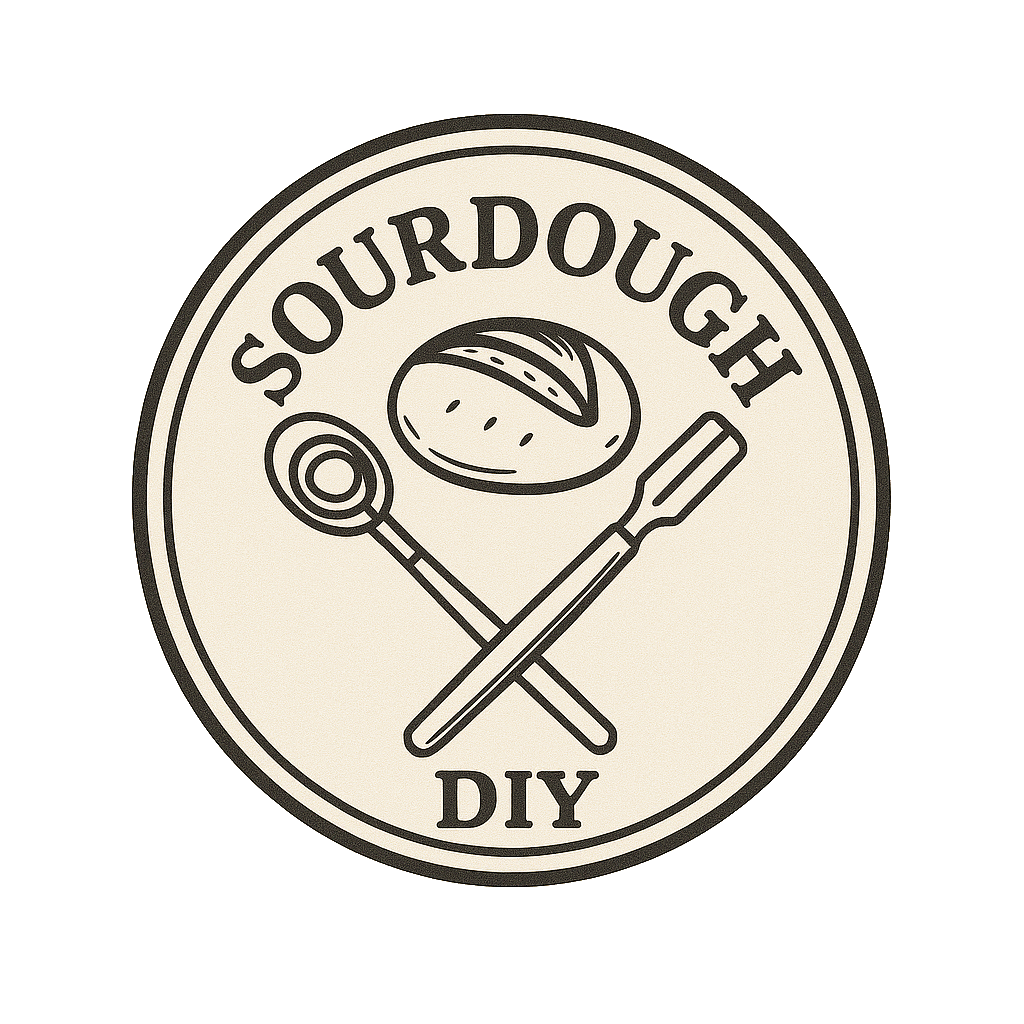
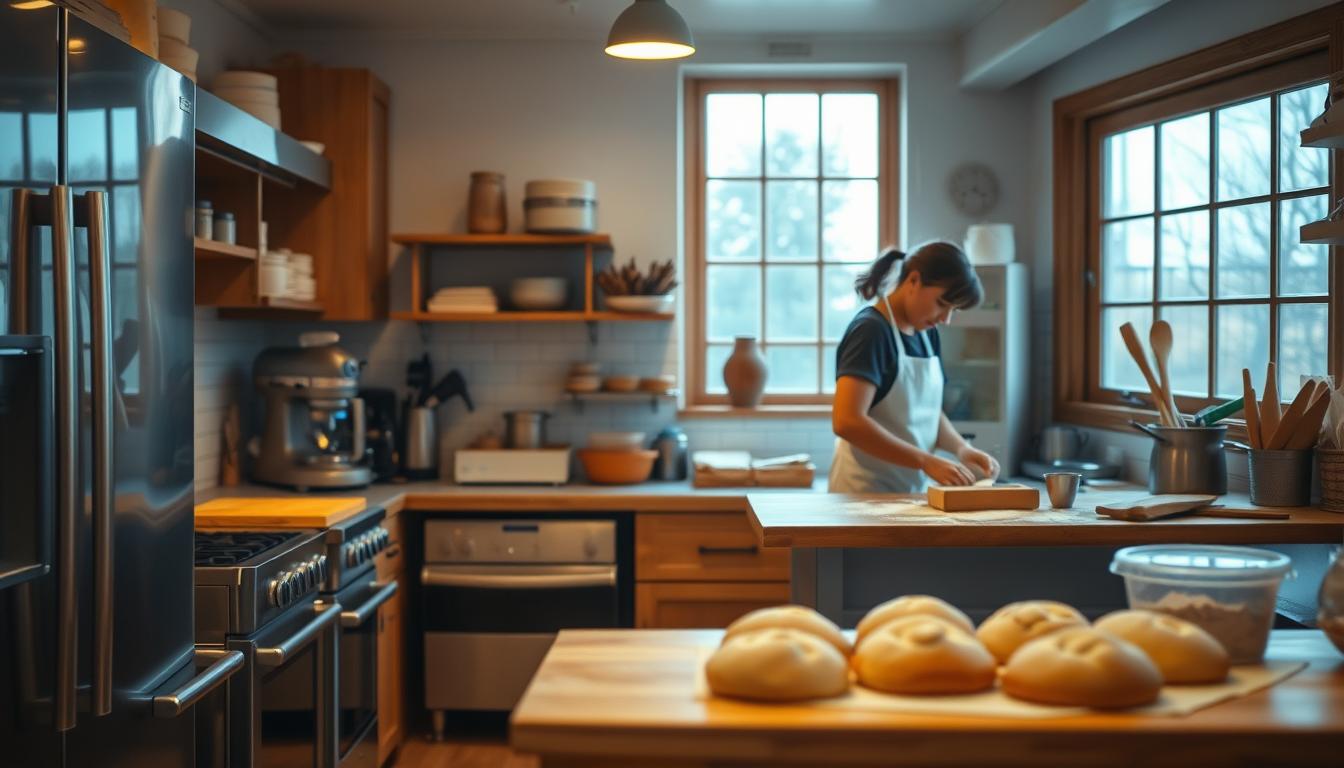
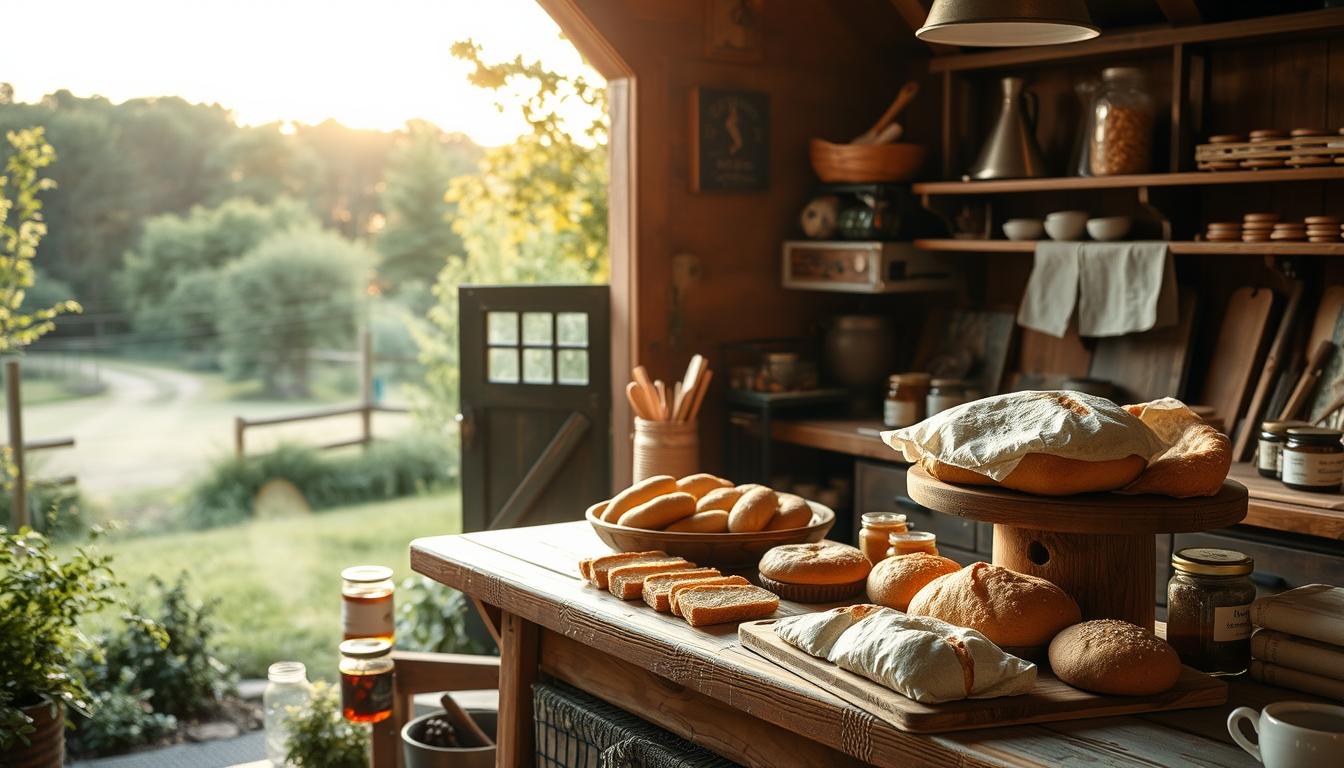
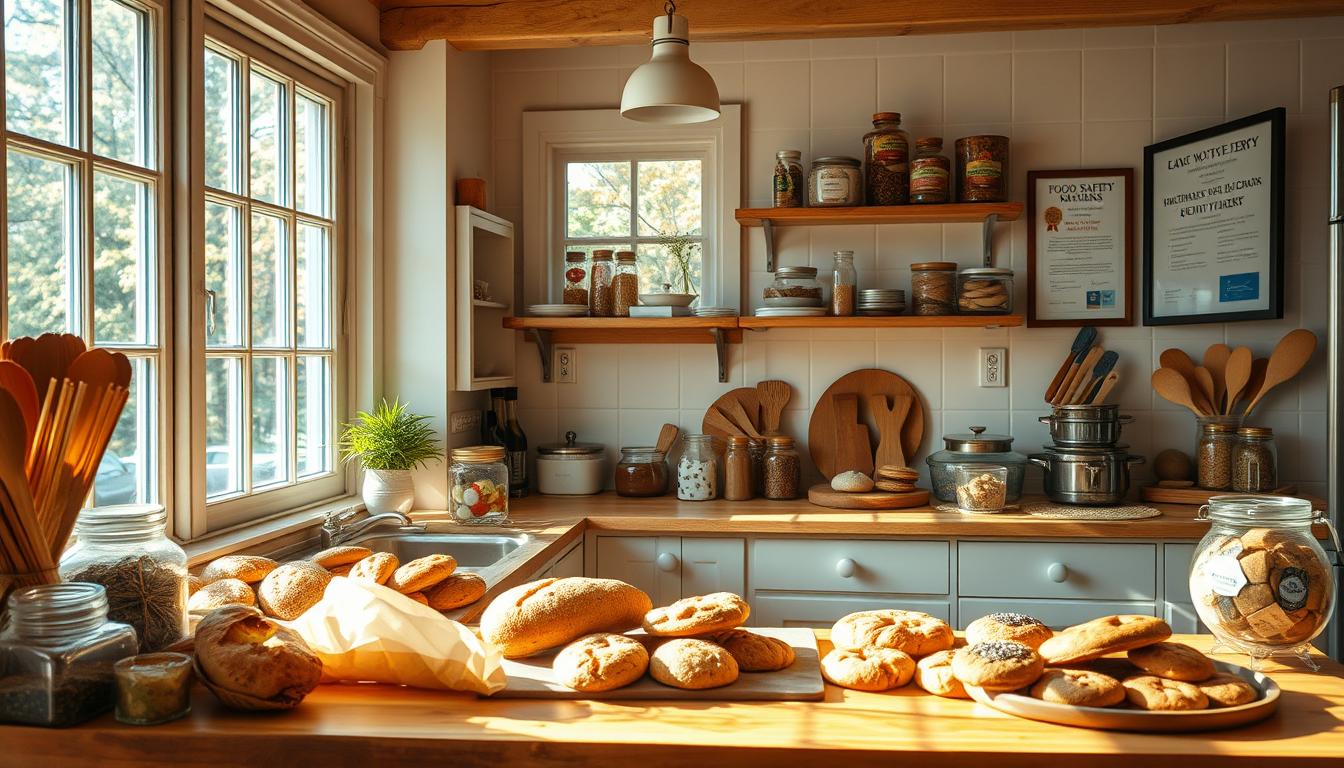
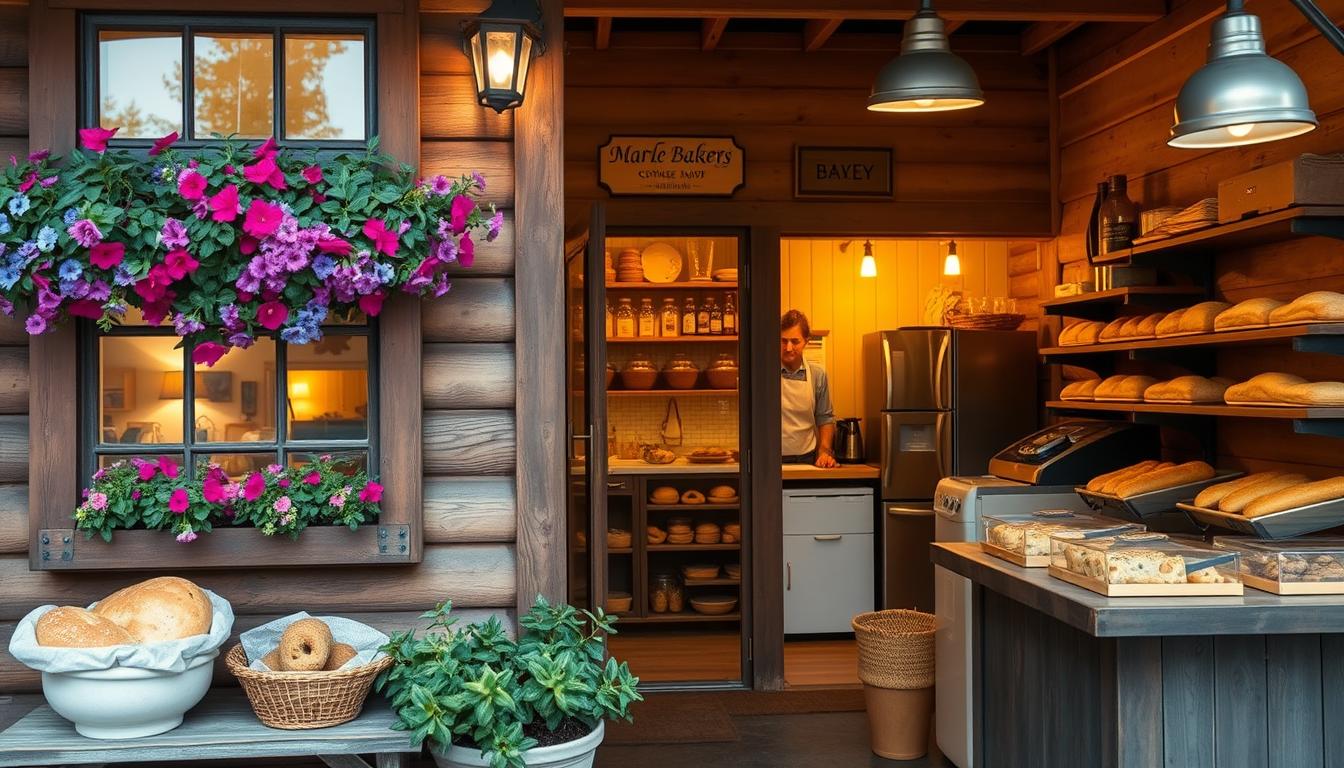
Leave a Reply